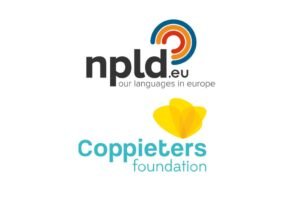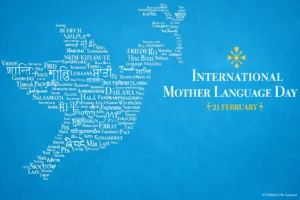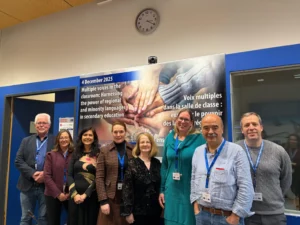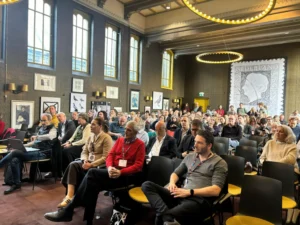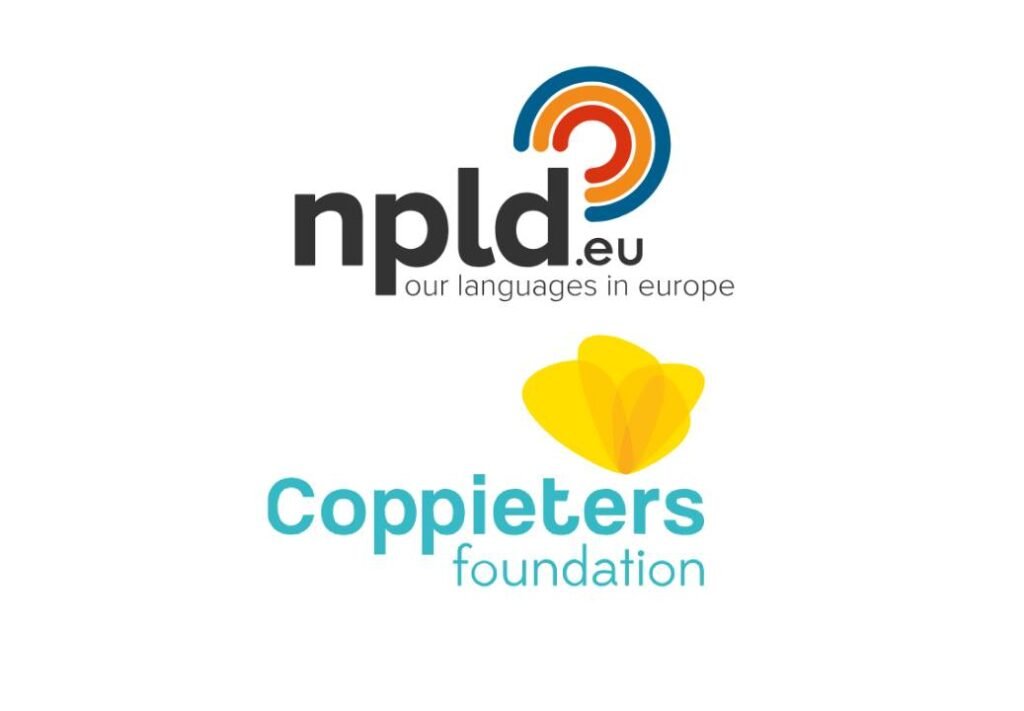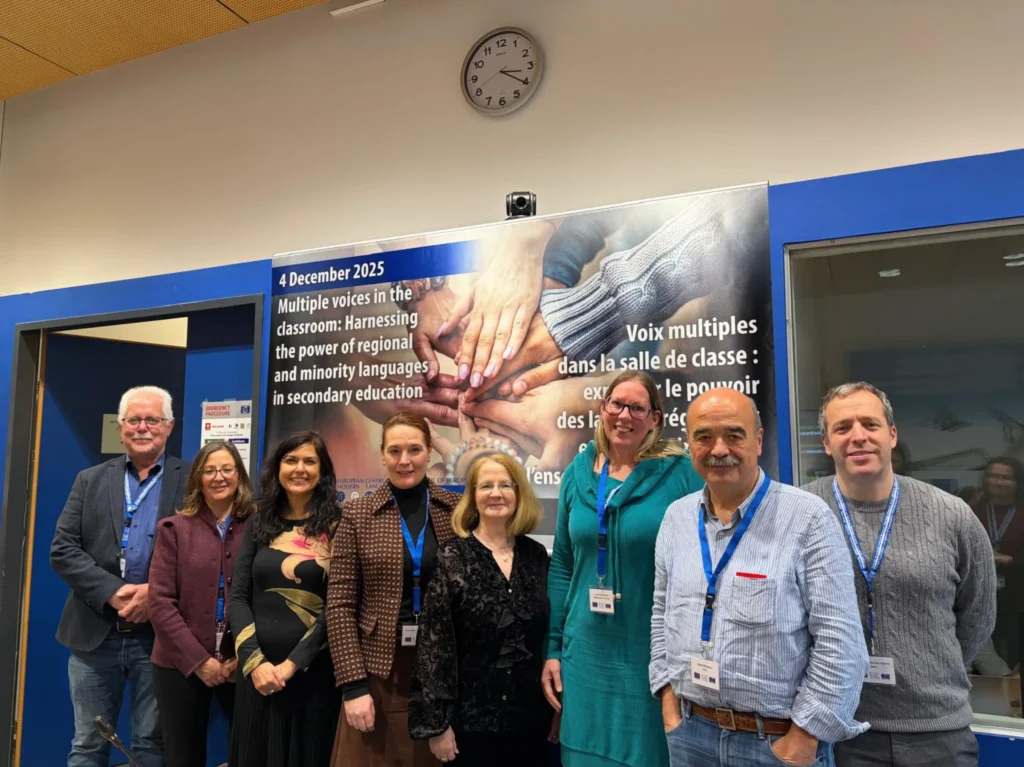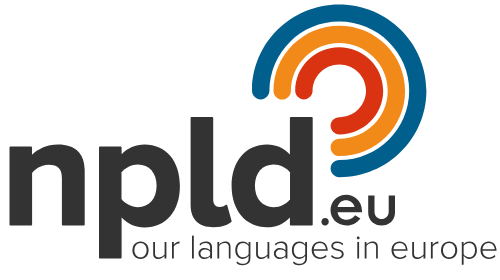NPLD » NPLD – Coppieters Campus 2018
13th – 15th September 2018, Udine (Friuli-Venezia Giulia, Italy)
NPLD - Coppieters Campus 2018
Planning and Evaluation of Language Policies
The NPLD-Coppieters Campus on Planning and Evaluation of Language Policies aimed to attract civil servants and language policy makers working in the field of Language Policy from several European regions and to offer them state-of-the-art training to study the theoretical, methodological and practical foundations of linguistic policy, linguistic planning and linguistic policy evaluation.
The NPLD-Coppieters Campus 2018 consisted of four parts:
- Minority languages and language rights: introduction to the most important international and national legal instruments for the promotion and protection of minority languages;
- Sociolinguistics and language planning in education;
- Planning, policy analysis and evaluation: designing policies to support minority languages; evaluation methods and techniques (efficiency and fairness); models of language change; costing procedures; indicators, etc.
- Political Science: politics and ideology of minority languages; minority languages and modernity; minorities and identity.
Campus programme
Venue of the Campus:
Udin/Udine (Friuli-Venezia Giulia) ITALY
Palazzo Garzolini di Toppo Wassermann
Via Gemona, 92
Aula T9
Campus - Day 1: Thursday, 13th September 2018
09H00 Official Welcome
Pietro Fontanini, Mayor of Udine
Alberto F. De Toni, Rector of Università di Udine/Universitât dal Friûl
William Cisilino, Director of ARLeF
Massimiliano Fedriga, President of Friuli-Venezia Giulia Autonomous Region
Sietske Poepjes, Chair of the Network to Promote Linguistic Diversity
09H30 PART I: INTRODUCTION
Multilingualism, globalization and linguistic sustainability
Vicent Climent-Ferrando
Presented by Vicent Fenollar
11h30 PART II: MINORITY LANGUAGES AND LANGUAGE RIGHTS
14H00
Session II: The European Charter for Regional or Minority Languages
Sixto Molina
Presented by Lorea Bilbao
16H00 PART III: SOCIOLINGUISTIC FOUNDATIONS OF LANGUAGE PLANNING
Session I: Sociolinguistic Foundations of Language Planning: tools and models
Gabriele Iannàccaro
Presented by Cor Van der Meer
Campus - Day 2: Friday, 14th September 2018
09H30 Session II (of PART III): Status planning and acquisition planning
Gabriele Iannàccaro
Presented by William Cisilino
11H30 PART IV: POLICY DESIGN, POLICY ANALYSIS AND EVALUATION
Session I: Language policy as public policy: Designing a programme theory and a policy-to-outcome path
François Grin
Presented by William Cisilino
14H00
Session II: Monitoring language policy: Policy instruments and indicators
Michele Gazzola
Presented by William Cisilino
16H00
Session III: Assessing the costs and the benefits of language policy
François Vaillancourt
Presented by William Cisilino
Share this event:

